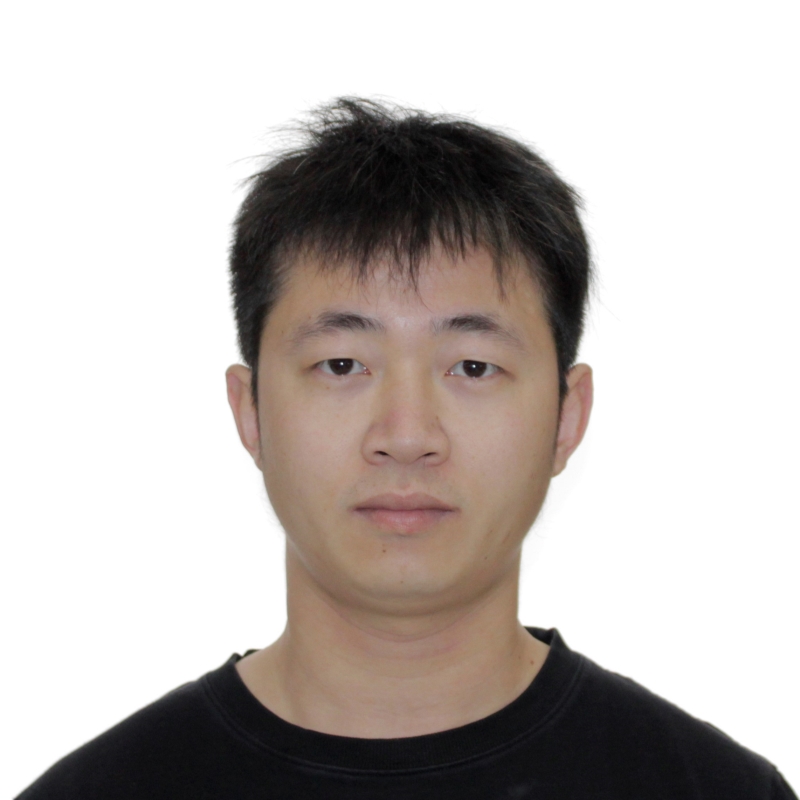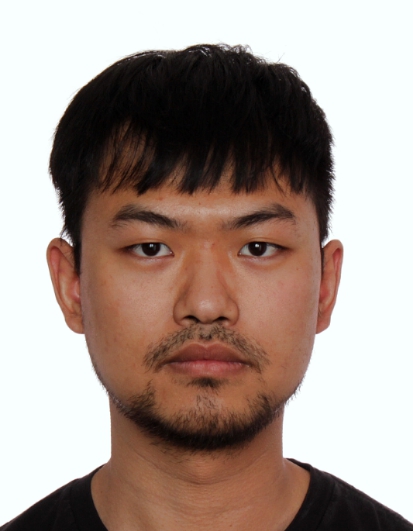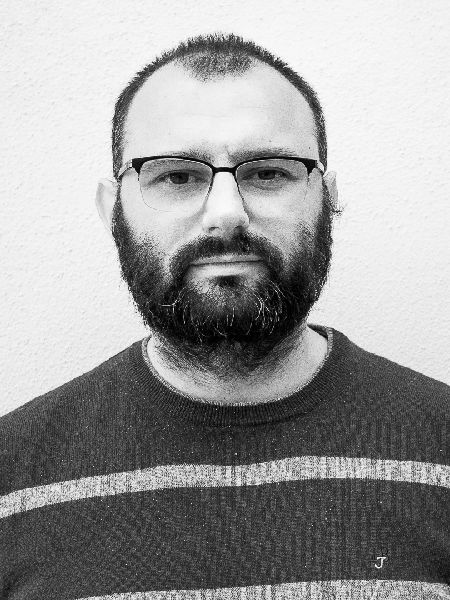
Dr Federico Paolucci is a Research Scientist at Superconducting Quantum Electronics Lab (SQEL) nested in Pisa, Italy. He has co-authored papers like Electrostatic field-driven supercurrent suppression in ionic-gated metallic Josephson nano transistors, Bipolar Thermoelectric Josephson Engine and Thermal superconducting quantum interference proximity transistor to name a few.
His recent research involves tuning the thermal properties of a superconductor by controlling its spectral characteristics. And this made me intrigued to get in touch with him and requested him to squeeze-in some time from his busy schedule for an interview.
Nothing excites me more than talking to my favourite scientists, so here we go:
How did you get into electronics/engineering and when did you start?
I got fascinated by my high school physics teacher. Her lectures were so interesting that I decided to study physics and technology at university. After my degree, I started to work in superconductivity at Politecnico of Turin (Italy). Then, I moved to Germany to get my PhD with a thesis on electrochemical engineering of graphene. When I came back to Italy, I focused on my first interest: superconductivity.
I’m excited to know more about the T-SQUIPT. Please correct me if I’m wrong, T-SQUIPT is a nanoscale transistor that acts as a faucet against magnetic fluctuations?
The T-SQUIPT is a thermal transistor/valve. It is able to master the thermal response of a superconductor thanks to the manipulation of its density of states by the control of the macroscopic superconducting phase. This allows us to master the energy transport in hybrid superconducting quantum nano-devices. Since the T-SQUIPT is mainly composed of superconductors, the macroscopic superconducting phase is the key element that allows coherent control of the spectral properties of the proximitized superconductor. The T-SQUIPT demonstrates, for the first time, the practical possibility to manipulate the nano-scale thermal properties of a superconductor by controlling its spectral characteristic. From the quantum technology point of view, the T-SQUIPT implements the first example of thermal memory cell, that is a nano-device where information is encoded in the temperature instead of a voltage or current.
Transistors have been scaled to the deca-nanometer due to which the design and fabrication has reached its limits especially when it comes to reliability issues, power loss and instabilities. What according to you will be the ground-breaking approaches in transistor design other than new materials and geometries?
Speaking about conventional charge devices, I believe that the possibility to exploit superconductors to design transistors might be the breakthrough from an efficiency and speed point of view. Indeed, superconductors do not dissipate energy and their speed limit is dictated by the superconducting energy gap that can reach several THz. In the last few years, I participated in the realization of the first fully metallic superconducting transistor that promises to boost computing speed and energy efficiency.
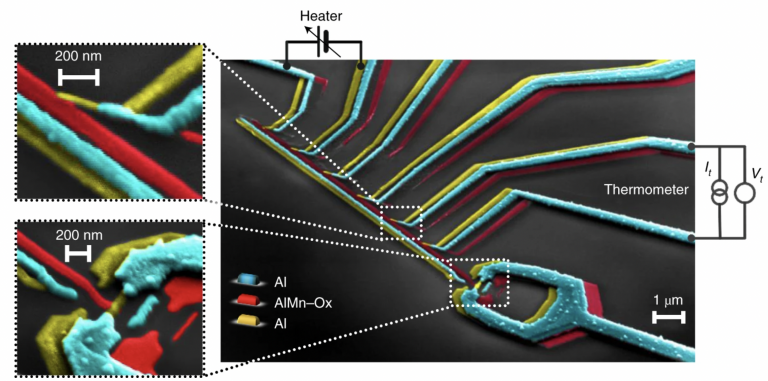
What problems are you looking at currently, and how will your technology help to solve them?
I am looking at energy and heat management in superconducting nanodevices. This field is of interest for the development of innovative quantum devices, since heat dissipation is one of the key challenges. Furthermore, this knowledge can be exploited for realizing new radiation sensors with improved sensitivity.
Looking further into the future, do you see quantum computing changing our daily lives?
Honestly, I do not share the hype for quantum computing. I believe that will be beneficial for some specific applications, such as simulation and complex problem solving, but it will not enter in daily life. Indeed, quantum computer architectures are complex and need to be operated by specialists. So, the impact on daily life will be limited.
Do you have any noteworthy engineering experiences? (blowing up things, getting shocked, etc)
I recently funded a start-up company, called Digital Superconducting Quantum Machines, that aims to develop high speed superconducting electronics for telecommunications.
What are your other interests besides physics and mathematics?
I like to read books and listen to music. I like mountains in every season. Indeed, in summer I go hiking, while in winter I like skiing.
Someone comes up to you and says, “I wanna be just like you. I want to be a nanotech scientist”. What advice would you give?
My advice to students is usually to get prepared to move a lot. Especially in early career, the la scientist is a vagabond. It can be hard for someone, but it gives you the possibility to meet a lot of people from different countries and different cultures.
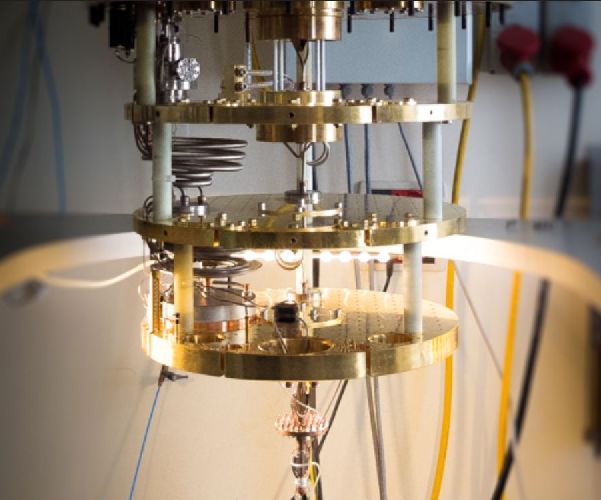
Quick bits:
What is your favourite movie quote?
“Engage!” from Star Trek: The Next Generation
If you were a superhero what would your powers be?
Invisibility
What would you do on Mars for fun?
Bake cakes
What will your TED Talk be 10 years from now?
My TED talk will be about team building and interdisciplinarity in science. I believe that the key for breakthrough in science is to build a team of experienced researchers of different fields, with different views for tackling problems with original approaches.
What books should I read in 2022 ?
Albert Einstein “The world as I see It”.
Dr. Paolucci, it has been a real pleasure! I can’t thank you enough. Your work is truly an inspiration. We look forward to visit you again and see more of your innovative research. Till then, we wish you all the very best for your future endeavor.

